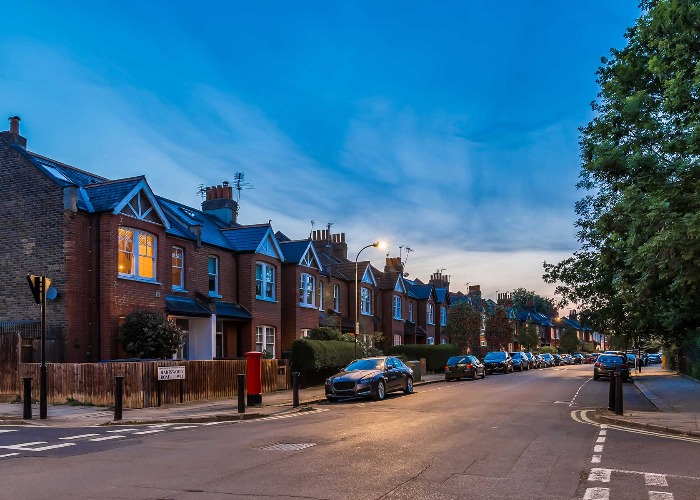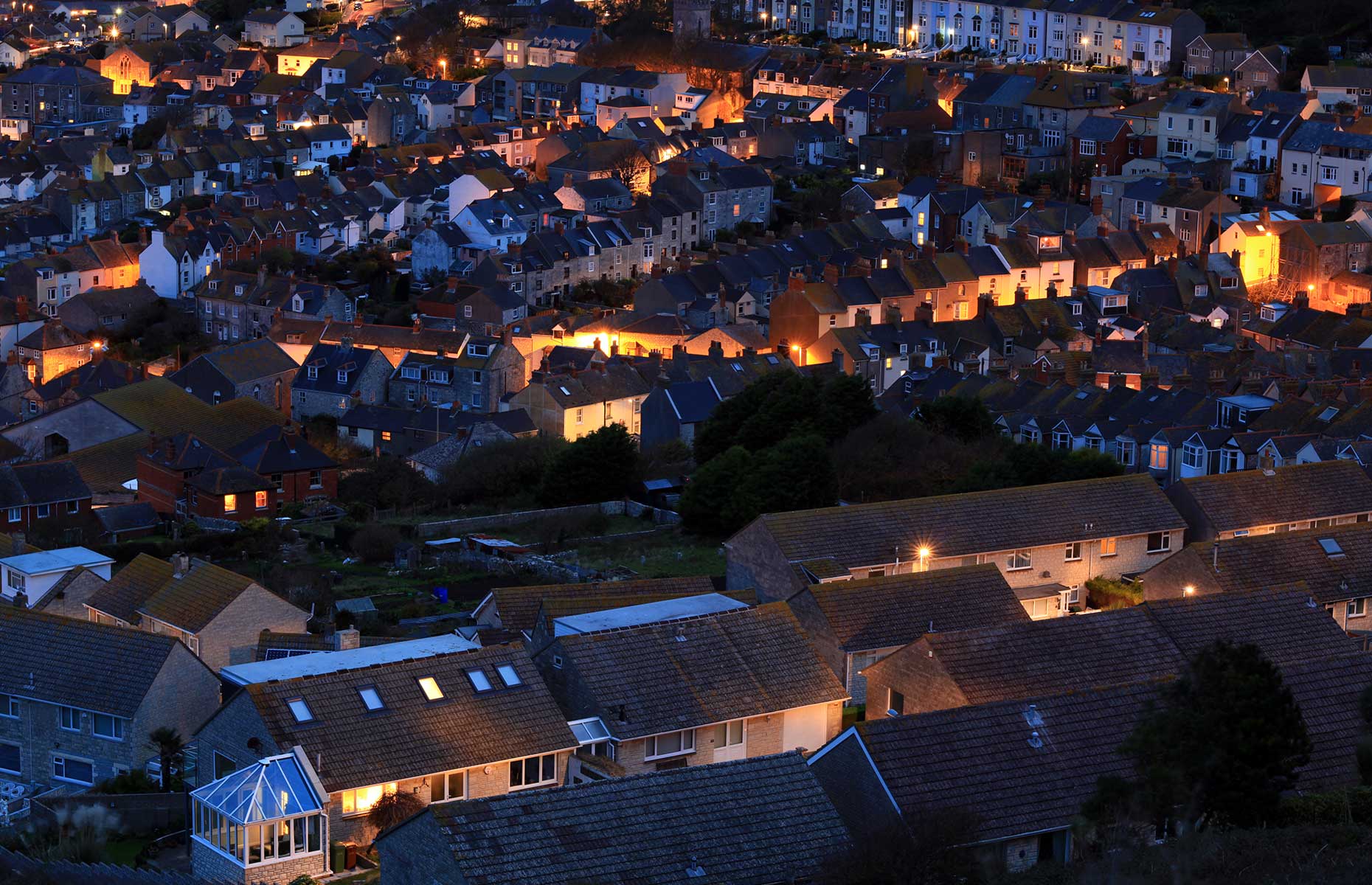The UK’s most expensive region for energy revealed

New research has highlighted the areas of the UK that pay the highest energy bills. Where does your region rank?
Energy bills are set to soar this winter, but some households across the UK will be paying even more than others.
READ MORE: How to insulate your home and slash energy costs
In August 2022, Ofgem announced that the energy price cap was set to rise in October by 80%, to £3,549 a year.
While Prime Minister Liz Truss effectively overrode this increase on 8 September, announcing a "price guarantee" that UK consumers would not pay over £2,500 a year for energy until October 2024, many residents across the country are still going to require additional support.
New research from lighting supplier UltraLEDS has revealed which areas of the UK paid the highest energy bills last year. Using ONS and UK Government data, UltraLEDS has uncovered some surprising results.
The most expensive regions for energy
Residents of Merseyside and North Wales, and the South West top of the chart, paying the most for their energy at £116 monthly, alongside people in North Scotland, who are paying £115 a month on average.
Meanwhile, South Wales, London, and the South East follow closely behind, all paying a monthly average of £114.
UK areas with the highest average monthly energy bills in 2021
| Area | Energy costs per month |
|---|---|
|
Merseyside and North Wales |
£116 |
|
South West |
£116 |
|
North Scotland |
£115 |
|
South Wales |
£114 |
|
London |
£114 |
|
South East |
£114 |
|
South Scotland |
£112 |
|
West Midlands |
£111 |
|
East Midlands |
£108 |
The most energy-efficient regions across the UK
UltraLEDS’ research also highlighted the areas that scored highest in energy efficiency, according to the A to C Energy Performance Certificate scale.
London just tipped the scales, with the highest percentage of homes rated A to C at 41.8%, closely followed by the South East at 41%.
 Image: Ollie Taylor / Shutterstock
Image: Ollie Taylor / Shutterstock
The South West came in third place with 39.4% energy efficiency, while East Anglia came in fourth (38.2%), and the North East was fifth in the ranking (37.8%).
Are we in denial about our energy use?
While approximately 24 million households will be affected by the impending energy price hikes, 81% of British homeowners weren’t considering improving their home’s energy efficiency, according to UltraLEDS' findings.
Their research found that just over a third of homeowners believe their houses are efficient enough, while 28% are worried about the cost involved. Even if you're working with a tight budget, there are some simple things you can do to improve your home's energy efficiency.
Simple ways to lower your energy usage
1. Close the gap
You can reduce the amount of heat escaping from your home by a fifth by adding insulation seals around your windows and doors, placing draught excluders along doorways, and lining curtains—while also making sure they’re fully closed at night.
People with unused fireplaces can block the chimney with a chimney balloon to help keep the warmth in too.
2. Plug out, not in
Another efficient way to reduce your outgoings is to switch off all appliances at the wall.
Nicknamed "energy vampires", items such as microwaves, phone chargers, coffee machines, and hairdryers can use more energy on standby than when they are in use, and can account for up to 20% of your monthly electricity bill.
 Image: Samsung
Image: Samsung
3. Invest in insulation
While there is an initial cost involved when insulating your home, you could end up saving up to £290 a year if you insulate your loft and cavity walls, according to the Energy Saving Trust.
If the price of insulation feels too steep, you may be eligible for a local authority grant to help with the fees. The Energy Company Obligation is a government-backed assistance scheme to help tackle fuel poverty. Visit the website to see if you're eligible.
4. Switch to LED bulbs
Tom Cain, technical engineer at UltraLEDs, says a simple way to reduce energy costs throughout the year is to switch to LED bulbs.
“LEDs offer an energy-efficient, money-saving alternative to traditional lighting solutions, and the low-operating temperatures mean they have an increased lifespan, resulting in enhanced safety and long-term cost savings", he explains.
For guidance on the kinds of financial assistance available, take a look at this government factsheet detailing support for the cost of living crisis.
Check out more ways you can save energy at home
Featured image: Alexey Fedorenko / Shutterstock
Comments
Be the first to comment
Do you want to comment on this article? You need to be signed in for this feature